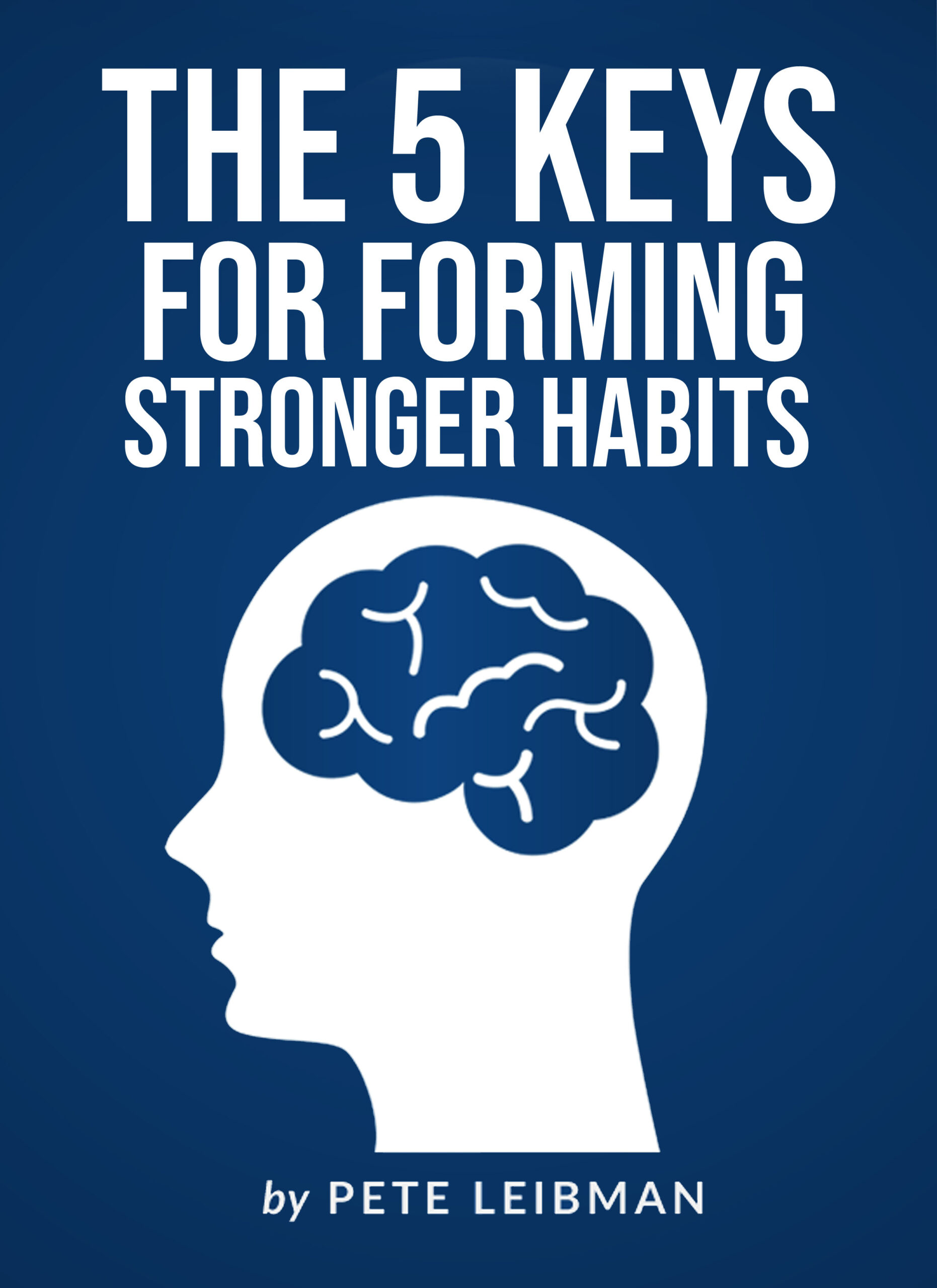
Many bosses and companies send a message to their employees that working longer hours will help you get ahead. It seems logical that working longer would help you get more done. Is this assumption really accurate though? What if you could actually become more productive by working shorter hours?
Experiments by Harvard Business School
Harvard Business School’s Leslie A. Perlow and Jessica L. Porter have conducted surveys and research on the work habits of people working in professional services. This includes occupations such as lawyers, accountants, and consultants. Their surveys have indicated that many such individuals work more than sixty-five hours each week, in addition to spending more than twenty additional hours each week monitoring emails outside the office.
Perlow and Porter set out to see what would happen if professional services employees worked shorter, more predictable hours. They conducted experiments over a four-year period with several North American offices of the Boston Consulting Group (BCG), a prestigious management consulting firm.
In one of the experiments, BCG consultants were required to take a full day off in the middle of the work week. In another experiment, consultants were required not to check or respond to emails or other messages after 6:00 p.m one night each week.
Given that consultants often pride themselves for being on call 24/7, there were many concerns about participating in these experiments. According to Perlow and Porter, “The concept was so foreign that we had to practically force some professionals to take their time off.”
Some consultants worried that they would be viewed as slackers for working shorter hours than usual. Others worried that they would create more work for their colleagues by being less accessible than usual. Some people worried that the quality of their work would suffer. They feared they might even be putting their careers in jeopardy by participating in the experiments.
However, BCG was committed to this research. The firm had strong support from a number of senior partners. The experiments began despite some initial resistance. Over time, the anxiety of the participants subsided. They started to experience the benefits of their shortened schedules.
The Results at BCG
Ultimately, the experiments demonstrated that shorter, more predictable work hours could actually increase productivity. Overall career and life satisfaction also improved. As Perlow and Porter write, “we found that when the assumption that everyone needs to be always available was collectively challenged, not only could individuals take time off, but their work actually benefited.”
How Can Working Shorter Hours Make You More Productive?
There can be tremendous pressure and temptation these days to work longer and longer. Technology makes it possible to be on call 24/7. It’s easy to buy into the myth that longer hours will help you get ahead. Here are three key reasons why working shorter hours can actually make you more productive:
- Working shorter hours focuses you on higher-value activities. When your time at work is limited, it naturally becomes a more valuable resource that must be invested more carefully. Someone who has decided to leave work at 5:00 p.m. has to structure his schedule differently and bring a higher level of focus and prioritization to each hour than someone who has decided to work “as long as necessary.” Shorter work hours serve as tighter deadlines that discourage you from wasting time on tasks that add little or no value.
- Working shorter hours encourages greater communication and collaboration. When your time at work is limited, you have to delegate, collaborate, and leverage the time and talents of other people more effectively. Shorter work hours encourage you to think about which tasks you should focus on and which tasks can or should be performed by someone else. Trying to do it all by yourself becomes less of an option when your work schedule is tighter.
- Working shorter hours leaves more time for forming healthier habits outside of work. When you work very long hours, something needs to give. Many people choose to cut back on exercise, sleep, quality time with family and friends, and other activities that prevent burnout and that make you more productive when you get back to work. By working shorter hours, you have more time for important personal endeavors that can easily be neglected with a nonstop work schedule.
Work can be a source of energy, intellectual stimulation, and personal satisfaction. Work can also be a way to add value to society and to make the world a better place. However, you are not a robot that is capable of working at full capacity for “as long as necessary.” At some point, working longer becomes counter-productive. If you want to increase your productivity, you might want to try asking yourself how you could work less, not more.
P.S. If you enjoyed this article, you can share it by clicking a social media icon on this page.

Free eBook and Newsletter
Download my free 40-page eBook on “The 5 Keys for Forming Stronger Habits.”
You’ll also receive my free weekly newsletter on how to become your strongest self.
Your email is safe. Unsubscribe anytime.
About the author: Pete Leibman is the Creator of StrongerHabits.com. He is a best-selling author, keynote speaker, executive recruiter, athlete, and peak performance coach. His work has been featured on Fox News, CBS Radio, and CNNMoney.com, and over 500,000 people across the world have read his articles.
References for this article:
- Leslie Perlow and Jessica L. Porter, “Making Time Off Predictable—and Required.”Harvard Business Review 87, no. 10 (October 2009), https://hbr.org/2009/10/making-time-off-predictable-and-required.

